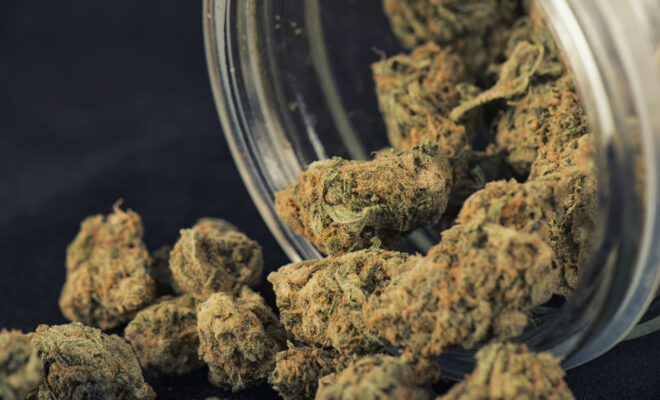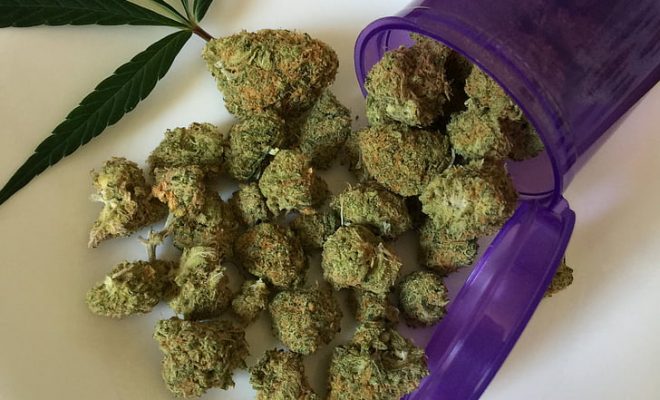What Is CBC : benefits

What Is CBC Cannabinoid?
Cannabichromene is abbreviated as CBC. After CBD (cannabidiol) and THC (tetrahydrocannabinol), it’s the hemp plant’s third most prevalent cannabinoid (tetrahydrocannabinol). Because it’s made from the same CBG precursor as CBD and THC, it’s referred to as a “sibling” cannabinoid (cannabigerol).
To begin, the hemp plant produces CBG (cannabigerol), often known as the “cannabinoid stem cell.” CBG is then transformed into either CBD or CBC. The majority of CBG in hemp plants is converted to CBD, whereas the majority of CBD in marijuana plants is converted to THC. Plant breeders are currently concentrating their efforts on CBC by developing strains that prioritize CBG conversion to CBC.
The Benefits Of CBC
The fact that CBC products are gaining popularity recently indicates that CBC is being taken seriously as a medicinal cannabinoid. The therapeutic potential of CBC is vast, and more research will almost certainly expand its therapeutic breadth.
Antimicrobial
Bacteria and fungi are combated by the CBC. It has “strong” antibacterial activities against a variety of gram-positive, gram-negative, and acid-fast bacteria, as well as “mild to moderate” antifungal activity.
CBC Reduces Inflammation
CBC decreases inflammation and swelling well on its own. However, according to a 2010 study, CBC is much more beneficial in this area when combined with other cannabinoids like CBD. Because inflammation is thought to be the core cause of chronic sickness, cannabis chemicals like CBC could be useful in treating and decreasing a variety of ailments.
Cancer
Cannabichromene’s interaction with the body’s endogenous endocannabinoid, anandamide, may make it a formidable cancer fighter. CBC also appears to reduce anandamide uptake, allowing it to stay in the bloodstream for longer.










